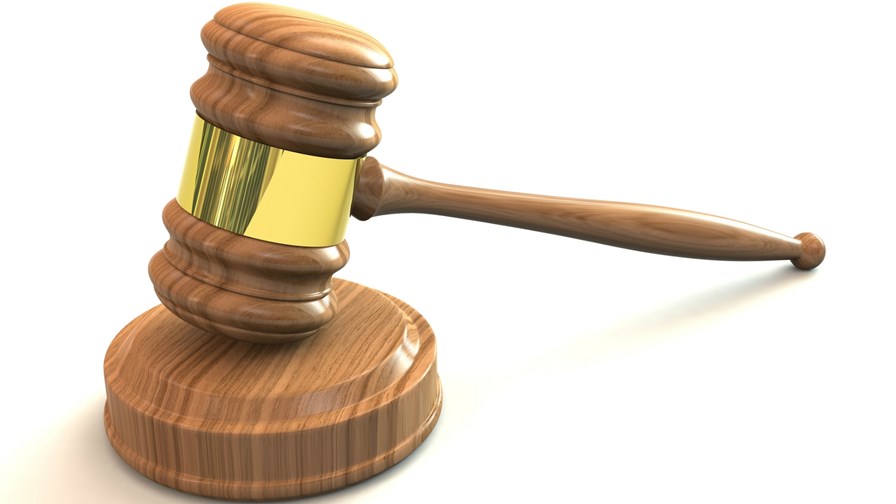
via flickr © ccPixs.com (CC BY 2.0)
- Huawei says banning Huawei will do nothing to make networks more secure
- “The U.S. government has provided no evidence - there is no gun, no smoke”
- “Today they come for Huawei, tomorrow it could be you”
The tide may be turning for Huawei, especially as Trump has now admitted that the campaign against the Chinese vendor is essentially a chess move to bolster his trade negotiations. The very stable genius last week announced that Huawei could be part of an impending trade deal with China, thus blowing up the whole “we can’t trust them because of security” jag.
After all, if Huawei is a bad actor as charged, how could it suddenly be let back into the US telecoms market because Trump has squeezed out a ‘deal’.
And to seize the initiative, Huawei has called on the U.S. to adjust its approach so that it can tackle cybersecurity effectively (good tack) and has filed a motion for summary judgment in its existing court case to accelerate the judicial process seeking to halt the action against the company.
It says banning Huawei using cybersecurity as an excuse “will do nothing to make networks more secure. They provide a false sense of security, and distract attention from the real challenges we face,” said Song Liuping, Huawei’s chief legal officer. “Politicians in the U.S. are using the strength of an entire nation to come after a private company,” Song noted. “This is not normal. Almost never seen in history. The U.S. government has provided no evidence to show that Huawei is a security threat. There is no gun, no smoke. Only speculation,” Song added.
The complaint in detail (look away now if easily bored by legal argument) argues that Section 889 of the 2019 NDAA singles out Huawei by name and not only bars U.S. government agencies from buying Huawei equipment and services, but also bars them from contracting with or awarding grants or loans to third parties who buy Huawei equipment or services—even if there is no impact or connection to the U.S. government.
Song also addressed the addition of Huawei to the “Entity List” by the U.S. Commerce
Department two weeks ago. “This sets a dangerous precedent. Today it’s telecoms and Huawei. Tomorrow it could be your industry, your company, your consumers,” he said, invoking the old “First they came for the... “ meme.
“The judicial system is the last line of defense for justice. Huawei has confidence in the
independence and integrity of the U.S. judicial system. We hope that mistakes in the NDAA can be corrected by the court,” Song added.
Glen Nager, Huawei’s lead counsel for the case, said Section 889 of the 2019 NDAA violates the Bill of Attainder, Due Process, and Vesting Clauses of the United States Constitution. Thus the case is purely “a matter of law” as there are no facts at issue, thereby justifying the motion for a summary judgement to speed up the process.”
Email Newsletters
Sign up to receive TelecomTV's top news and videos, plus exclusive subscriber-only content direct to your inbox.




